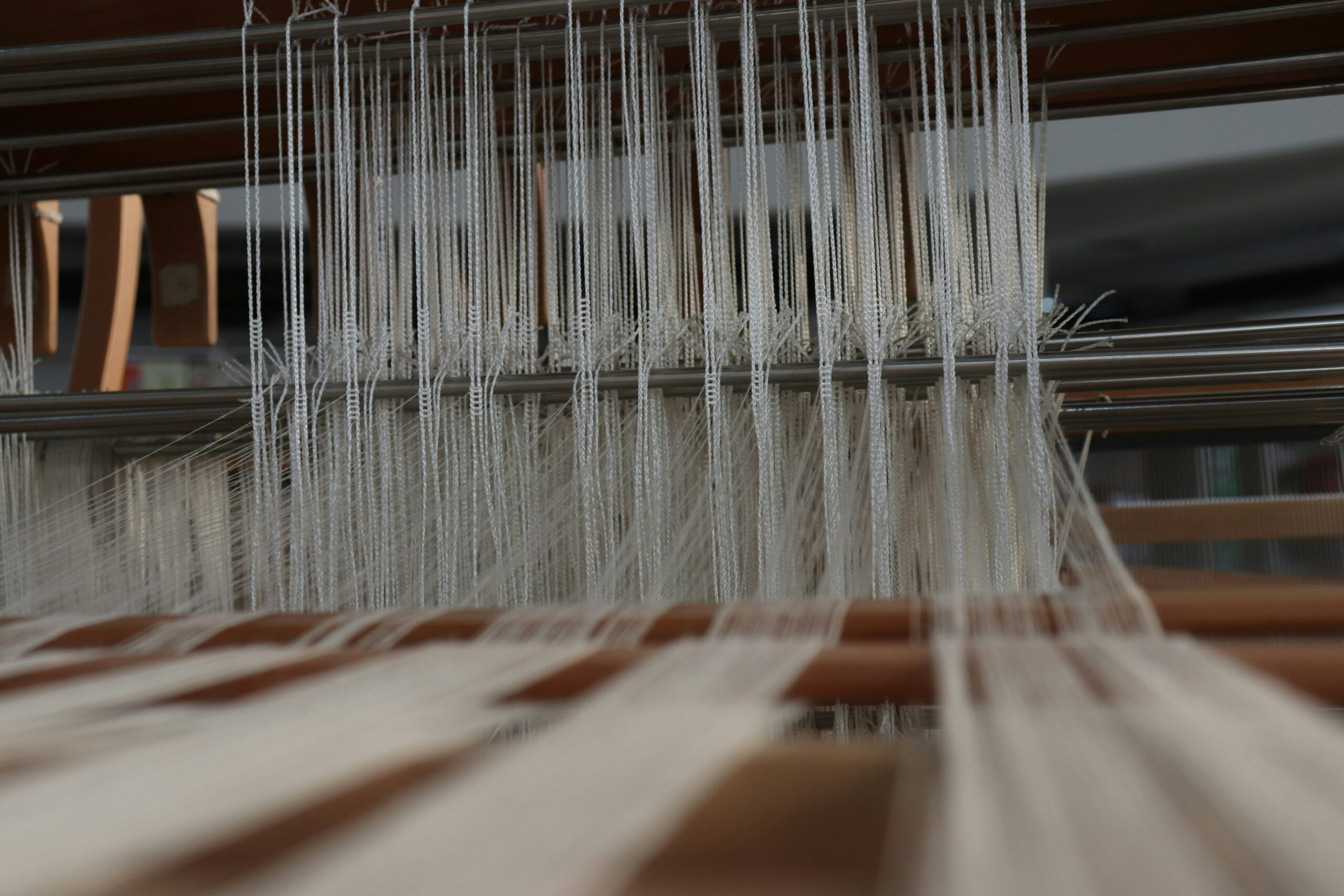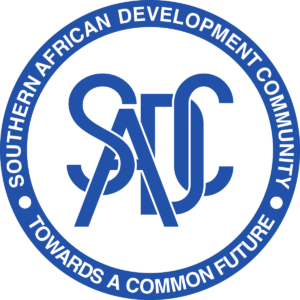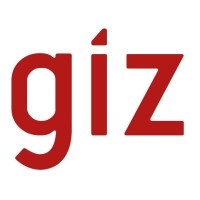
Exercitation ullamco laboris nis aliquip sed conseqrure dolorn repreh deris ptate velit ecepteur duis.
Exercitation ullamco laboris nis aliquip sed conseqrure dolorn repreh deris ptate velit ecepteur duis.
 Case study
Case study
Project name
Position paper on SADC textile origin negotiations
Period
July – November 2023
Stakeholders


The SADC FTA was established in 1992 to promote regional integration and economic development among its Member States.
The FTA has increased intra-regional trade and economic growth by reducing tariff barriers and promoting free trade. However, the rules of origin for certain products, including textiles and clothing, have become a point of contention among Member States.
Notably, the SADC textiles origin negotiations for not knitted or crocheted apparel have been open to rediscussion in 2018, within the SADC FTA for review are the babies’ garments and accessories classified under Harmonized System (HS) heading 6209 as follows:
Further exploratory investigation found that Mauritius and Seychelles advocated relaxing the rules due to inadequate input supply opportunities within the SADC FTA. They seized the opportunity to reopen the SADC textile origin negotiation.
Following an initial desk research phase, direct consultations were conducted to seek input on potential solutions and understand each Member State’s positions, interests, and concerns. To do so, the following steps are followed:
The best efforts were made throughout the consultation to ensure that discussions were transparent, inclusive, and fair.
The aim was to encourage an open dialogue that could ultimately lead to a mutually
acceptable solution to the issues surrounding the RoO for babies’ garments. These
consultations captured all Member States’ diverse perspectives and promoted mutual
understanding and compromise.
Following a comprehensive analysis of the RoO for babies’ garments, the process led to the drafting of a position paper for submission to the SADC FTA Member States. It recommends a nuanced approach to balance regional trade aspirations with national
developmental needs.
It posits that the current RoO framework presents several challenges and opportunities for Member States, which vary in their industrial capacities and strategic interests. To overcome the sourcing constraints posed by the current RoO, the analysis recommends taylored approach to the interested Parties’ manufacturing strengths, thereby avoiding the risk to unravel the delicate balance of the agreement.
To maintain a balanced and equitable regional trade environment, the paper
recommends conducting regular engagements with stakeholders from all Member
States, including those potentially impacted by the derogation. It also emphasizes the
need to address concerns regarding the potential precedent set by the derogation and
ensure transparency in the decision-making process to uphold the principles of
fairness and mutual benefit.
Finally, the paper recommends implementing a framework for the regular review and
adjustment of the derogation based on economic changes, industry developments, and
the collective interests of SADC Member States. This flexible and adaptive approach
would enable the SADC to respond effectively to changing market dynamics and
industrial needs.
The consultancy was completed successfully by Mr. Guillaume Gérout and the team in a professional manner.
Isabel Henning, Project Coordinator, GFA Consulting

